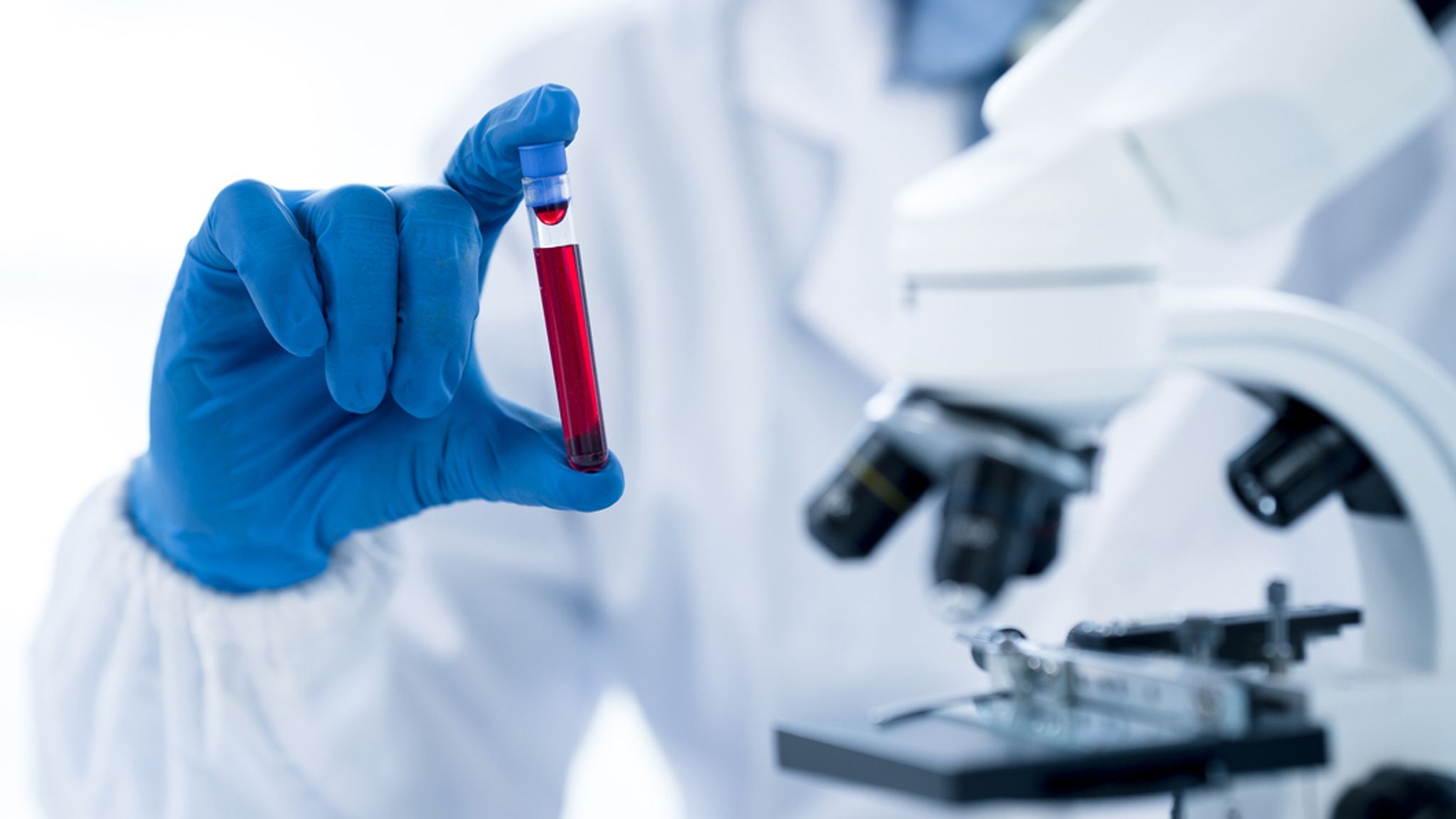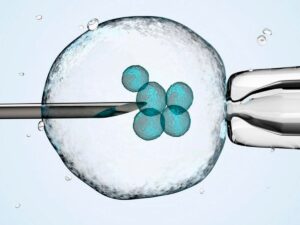Fertility blood tests are essential tools for individuals and couples seeking to understand and enhance their reproductive health. These tests provide critical insights into the hormonal and physiological factors that influence the ability to conceive, making them a cornerstone of modern fertility assessment and treatment.
Fertility blood tests work by measuring hormone levels and other biological markers that are directly linked to reproductive function. For women, these tests commonly evaluate hormones such as follicle-stimulating hormone (FSH), luteinising hormone (LH), estradiol, anti-Müllerian hormone (AMH), prolactin, and thyroid-stimulating hormone (TSH). Each of these hormones plays a specific role in regulating the menstrual cycle, egg development, and ovulation. For example, FSH and AMH are key indicators of ovarian reserve, helping to assess the quantity and quality of a woman’s eggs, while LH and estradiol are crucial for monitoring ovulation and ovarian function. Prolactin and TSH tests can uncover underlying conditions like thyroid disorders or pituitary gland issues, both of which can impact fertility.
Men also benefit from fertility blood tests, which focus on hormones that influence sperm production and overall reproductive health. Tests for FSH, LH, and testosterone help identify potential issues with sperm count, quality, and hormonal balance. In some cases, additional tests such as antisperm antibody testing are used to diagnose less common causes of male infertility.
In addition to individual assessments, some fertility blood tests are relevant for both men and women. Genetic testing can reveal chromosomal abnormalities, such as Klinefelter syndrome in men or Turner syndrome in women, that may affect fertility. Screening for sexually transmitted infections (STIs) like chlamydia and gonorrhoea is also important, as these infections can damage reproductive organs and hinder conception. Vitamin D levels are another shared marker, as deficiencies can negatively impact both egg quality and sperm motility.
The process of fertility testing often begins with a thorough medical history and physical examination, followed by targeted blood tests based on the individual’s symptoms and reproductive goals. For women, these tests are often complemented by ultrasound scans to visualize the ovaries and uterus, and sometimes by diagnostic procedures like laparoscopy or hysterosalpingogram (HSG) to assess for structural issues. For men, semen analysis remains a standard part of fertility evaluation, providing detailed information about sperm count, motility, and morphology.
Fertility blood tests are particularly valuable for couples who have been trying to conceive without success, individuals experiencing irregular menstrual cycles, those planning for future pregnancies, and patients undergoing fertility treatments such as IVF or IUI. They are also recommended for individuals in their late 30s or early 40s, when age-related changes can significantly affect reproductive potential.
The insights gained from fertility blood tests enable healthcare providers to develop personalized treatment plans, whether that involves medication to stimulate ovulation, advanced procedures like IVF, or addressing underlying health conditions. Early and accurate diagnosis through these tests can save time, reduce emotional stress, and improve the chances of successful conception.
In summary, fertility blood tests are a vital part of reproductive health care, offering detailed information that guides diagnosis, treatment, and family planning. Whether you are just beginning your fertility journey or seeking answers after months of trying to conceive, these tests provide the clarity and direction needed to take the next steps toward parenthood.











